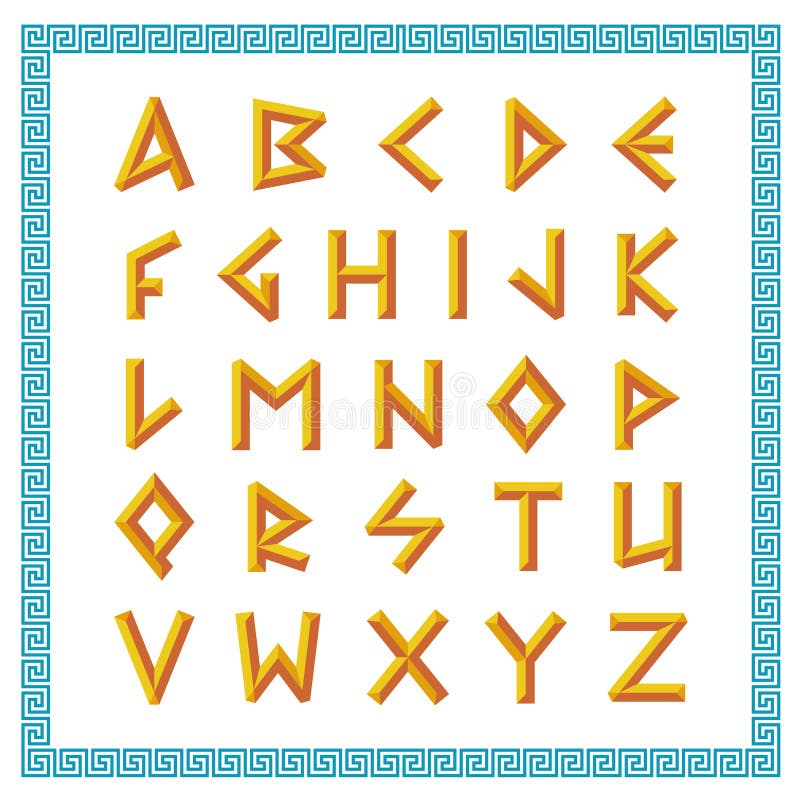
Gods and goddesses were an integral part of ancient Greek culture. They were believed to have supernatural powers and influence over the world. The Greeks worshipped a pantheon of deities and each god or goddess had their own unique attributes and personality. These gods were often depicted in art and literature, and were even used to explain natural phenomena. In this article, we will explore some of the most famous gods and goddesses in Greek mythology and their significance.
Zeus
Zeus was the king of the gods and the god of the sky and thunder. He was known for his power and strength and was often depicted holding a lightning bolt. Zeus was also known for his many affairs and was often unfaithful to his wife, Hera.
Athena

Athena was the goddess of wisdom, courage, and warfare. She was born fully grown and armored from the head of Zeus. Athena was also the patron goddess of the city of Athens and was often depicted with an owl, which was considered a symbol of wisdom.
Poseidon
Poseidon was the god of the sea, earthquakes, and horses. He was often depicted with a trident, which was his signature weapon. Poseidon was also known for his many romantic affairs and was the father of many famous heroes and monsters in Greek mythology.
Dionysus

Dionysus was the god of wine, fertility, and ecstasy. He was often depicted with a grapevine wreath and holding a cup of wine. Dionysus was also associated with theater and was considered the patron god of the arts.
Hera
Hera was the queen of the gods and the goddess of marriage and childbirth. She was often depicted with a peacock, which was considered a symbol of her beauty and power. Hera was also known for her jealousy and was often angered by her husband Zeus' many affairs.
Apollo
Apollo was the god of music, poetry, and prophecy. He was often depicted with a lyre and a bow and arrow. Apollo was also associated with healing and was considered the patron god of medicine.
Hades
Hades was the god of the underworld and the ruler of the dead. He was often depicted with a helmet that made him invisible and a staff that could control the dead. Hades was also associated with wealth and was considered the god of precious metals and gems.
Aphrodite

Aphrodite was the goddess of love, beauty, and sexuality. She was often depicted with a dove and a mirror. Aphrodite was also known for her many romantic affairs and was considered the patron goddess of lovers.
Hermes

Hermes was the god of commerce, thieves, and travelers. He was often depicted with a winged helmet and sandals, which allowed him to travel quickly. Hermes was also the messenger of the gods and was considered the patron god of messengers and postal workers.
Demeter

Demeter was the goddess of agriculture, fertility, and the harvest. She was often depicted with a sheaf of wheat and a torch. Demeter was also associated with the cycle of life and death and was considered the patron goddess of mothers.
Conclusion
The gods and goddesses of ancient Greece played a significant role in shaping the beliefs and values of the Greek people. They were worshipped in temples and celebrated in festivals, and their stories were passed down through generations. Today, these gods and goddesses continue to fascinate and inspire people around the world, and their legacy lives on in art, literature, and popular culture.